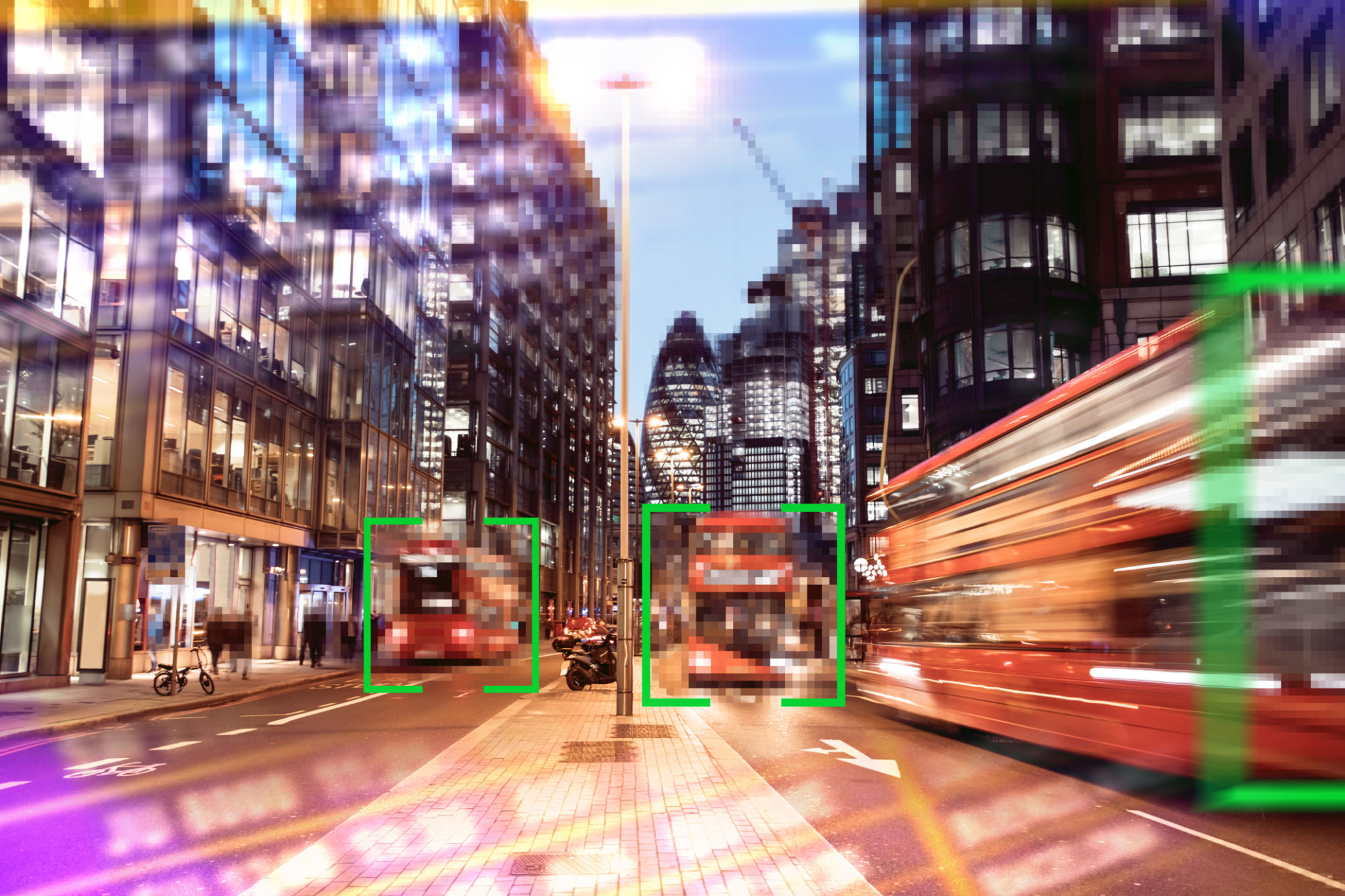How to Leverage AI Tools for Automation in Your London-Based Business
In the bustling business landscape of London, staying ahead of the curve is crucial for maintaining a competitive edge. One of the most effective ways to achieve this is by leveraging AI tools for automation. These technologies can streamline operations, improve customer service, and enhance decision-making processes, ultimately driving growth and profitability.

Understanding AI Tools
AI tools are software applications that use machine learning algorithms to perform tasks that typically require human intelligence. These tasks can range from data analysis to natural language processing. In the context of a London-based business, AI can automate repetitive tasks, freeing up valuable time for your team to focus on strategic initiatives.
Benefits of Automation
Automation offers numerous benefits, including increased efficiency, reduced operational costs, and improved accuracy. By automating mundane tasks, businesses can ensure consistency and minimize the risk of human error. Additionally, automation can lead to significant cost savings by reducing the need for manual labor and allowing businesses to allocate resources more effectively.
Implementing AI-driven automation can also enhance customer satisfaction. Automated customer service tools, such as chatbots, can provide instant responses to customer queries, ensuring timely and accurate support. This not only improves the customer experience but also frees up human agents to handle more complex issues.

Popular AI Tools for Businesses
There are several AI tools available that can transform how your business operates. Some popular options include:
- Chatbots: These AI-driven tools can handle customer inquiries round the clock, providing instant service and freeing up human resources.
- Data Analysis: AI tools can process large volumes of data quickly and accurately, offering insights that help in strategic decision-making.
- Marketing Automation: Platforms like HubSpot and Marketo use AI to automate marketing tasks such as email campaigns and social media scheduling.
Integrating AI into Your Business
Integrating AI into your business requires careful planning and execution. Start by identifying areas where automation could have the most significant impact. Consider tasks that are repetitive, time-consuming, or prone to human error. Once you've identified these areas, research and select AI tools that best suit your needs.

Training is a critical component of successful AI integration. Ensure your team is well-versed with the new tools and understand how to use them effectively. This might involve conducting workshops or bringing in experts to provide training sessions.
Overcoming Challenges
While AI offers numerous advantages, it's essential to address potential challenges. Data privacy is a significant concern, especially in a city like London where regulations are stringent. Ensure your AI solutions comply with all relevant data protection laws to safeguard customer information.
Additionally, there might be resistance from employees who fear that automation could replace their jobs. It's important to communicate that AI is meant to augment human capabilities rather than replace them. Highlighting the ways in which AI will make their jobs easier and more efficient can help alleviate concerns.

Future Prospects
The future of AI in business is promising, with advancements continually being made in technology capabilities. Staying updated with the latest trends and innovations will ensure your business remains at the forefront of technology adoption.
In conclusion, leveraging AI tools for automation can significantly enhance the efficiency and effectiveness of your London-based business. By understanding the available technologies and strategically integrating them into your operations, you can drive growth and maintain a competitive edge in the market.
